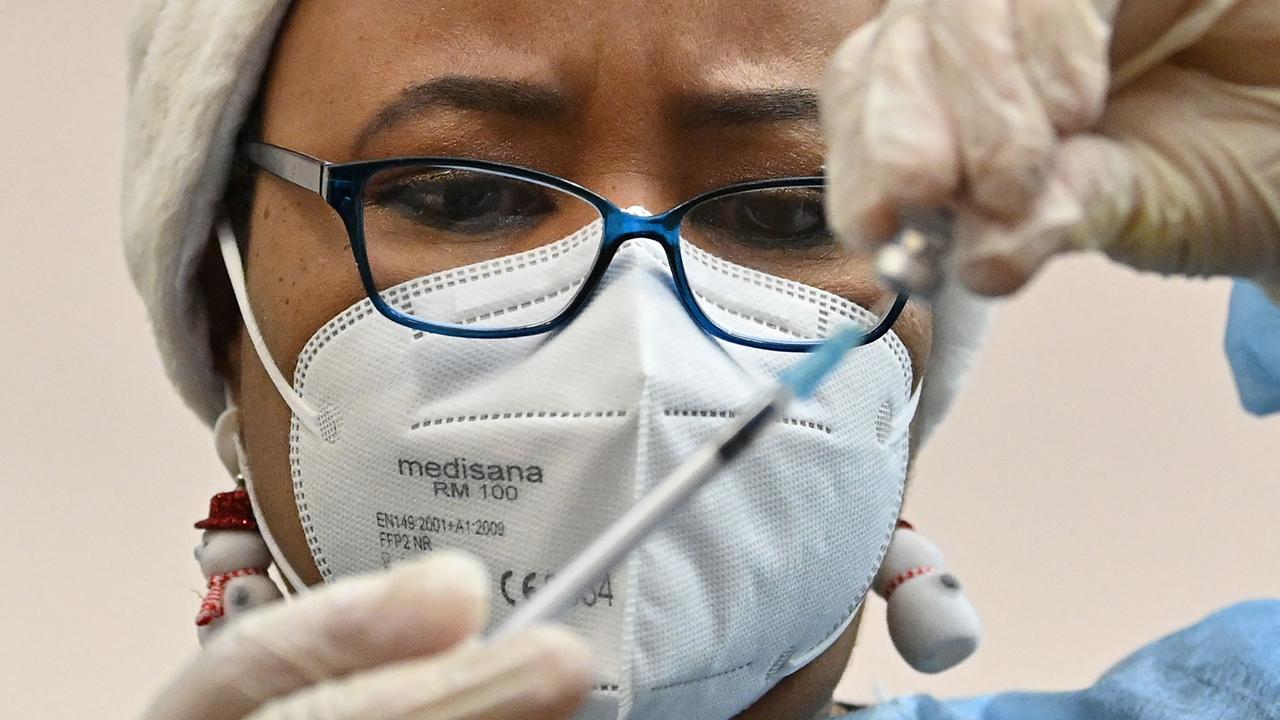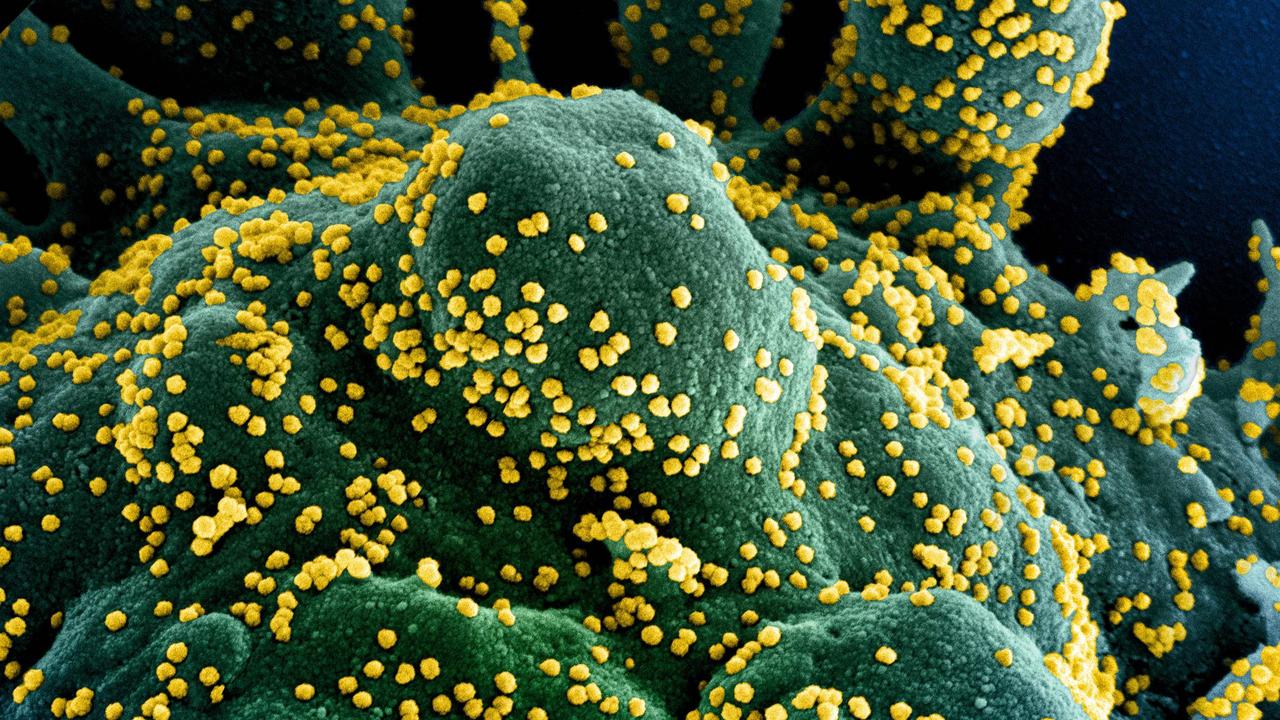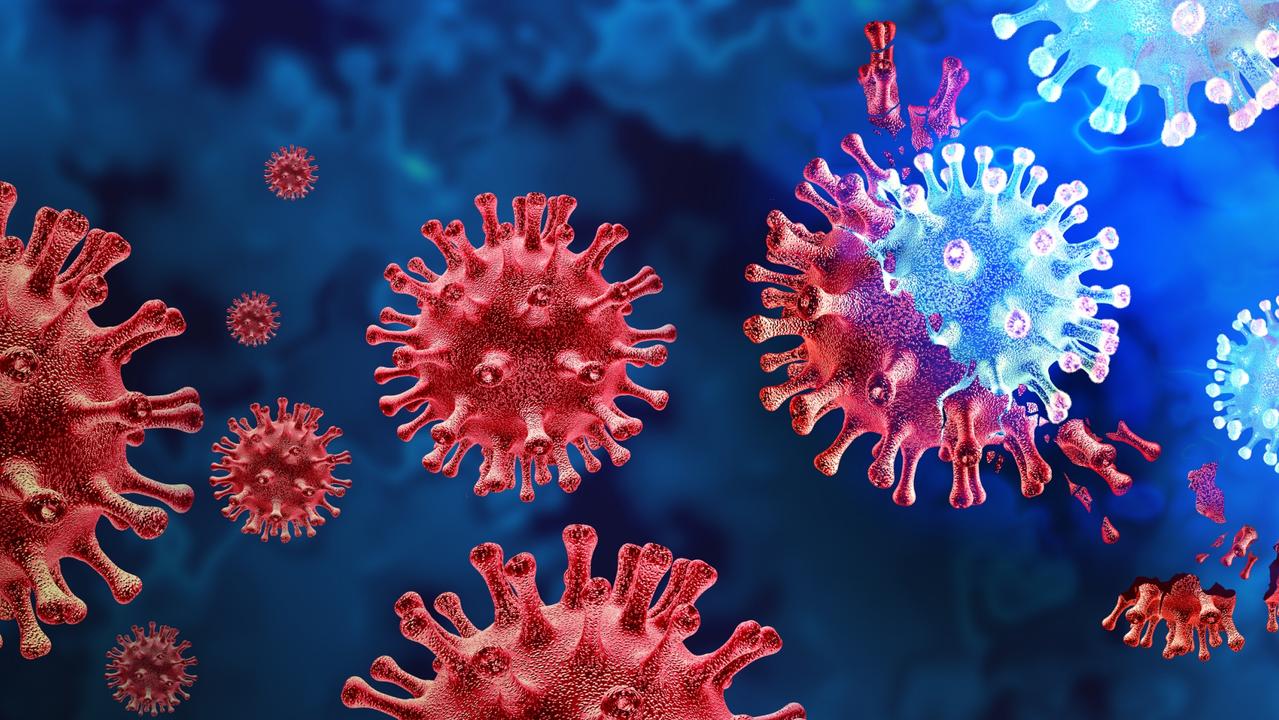Groundbreaking study reveals four cues you may be at risk of developing long Covid
A potentially gamechanging new study has uncovered four major signs a person may be at risk of developing the dreaded long Covid.
Scientists have discovered four signs a patient might be at risk of developing long Covid – and how to potentially stop the horrific condition in its tracks.
The study, published this week in the scientific journal Cell, revealed the risk factors of long Covid – also known as post-acute sequelae of Covid-19, or PASC – could be detected early on in a person’s Covid infection.
Long Covid has emerged as a particularly troubling aspect of the pandemic, with some patients struggling with sometimes debilitating symptoms such as fatigue, brain fog and a loss of taste or smell months after their initial infection has passed.
However, the cause of the condition has been a mystery over the course of the pandemic, with medics unable to pinpoint why some patients bounce back soon after infection, while the suffering of others lingers on.
The four risk factors were unrelated to whether the initial case was mild or more severe, and indicates ways to possibly treat long Covid, or prevent it from developing in the first place, such as by prescribing antiviral medication as soon as possible.
One factor was high levels of coronavirus RNA in a person’s blood, which indicates a high viral load.
Another was whether particular autoantibodies commonly found in autoimmune conditions which wrongly attack the body’s tissues were present.
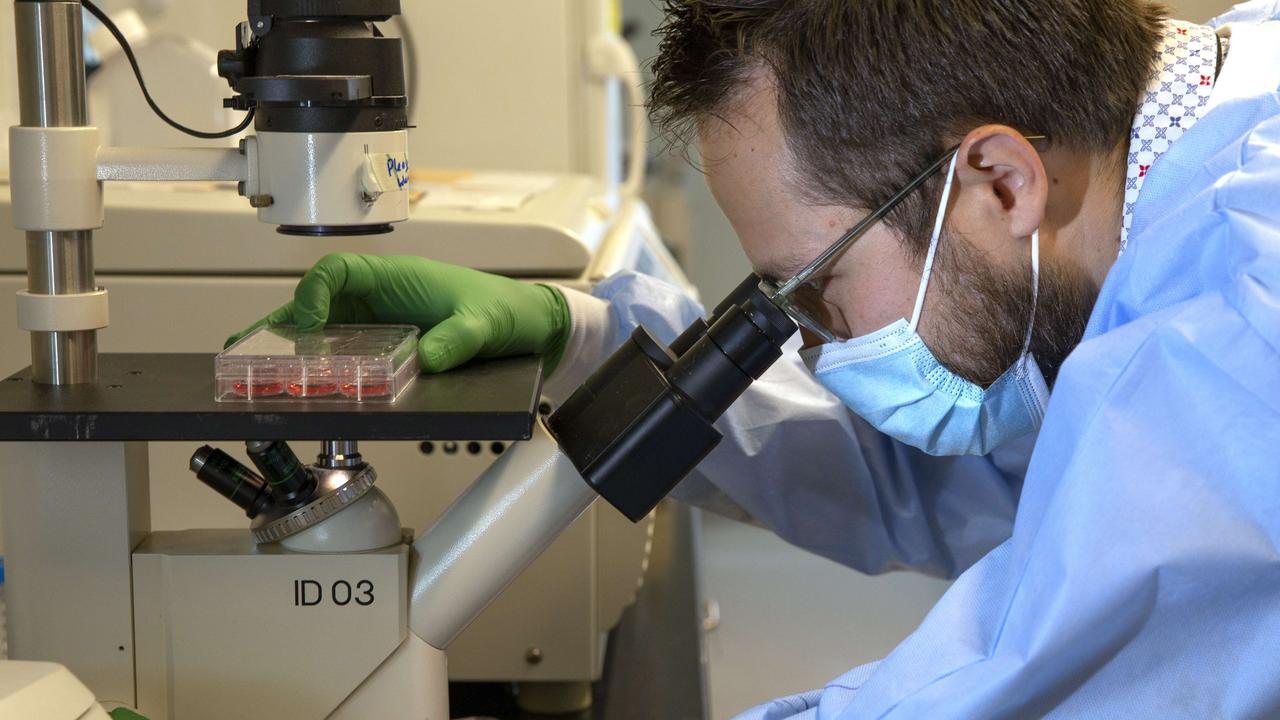
A third was whether a patient had Type 2 diabetes, and the fourth was whether the Epstein-Barr virus was reactivated – a very common virus which most people will be infected with at some point and which typically becomes dormant.
The study also found that people with respiratory symptoms seemed to have low levels of the hormone cortisol.
“I think this research stresses the importance of doing measurements early in the disease course to figure out how to treat patients, even if we don’t really know how we’re going to use all that information yet,” the study’s lead researcher and president of the Institute for Systems Biology Jim Heath told The New York Times.
“Once you can measure something, then you may be able to start doing something about it.
“We did this analysis because we know patients will go to physicians and they’ll say that they’re tired all the time or whatever, and the physician just tells them to get more sleep.
That’s not very helpful. So, we wanted to actually have a way to quantify and say that there’s actually something wrong with these patients.”
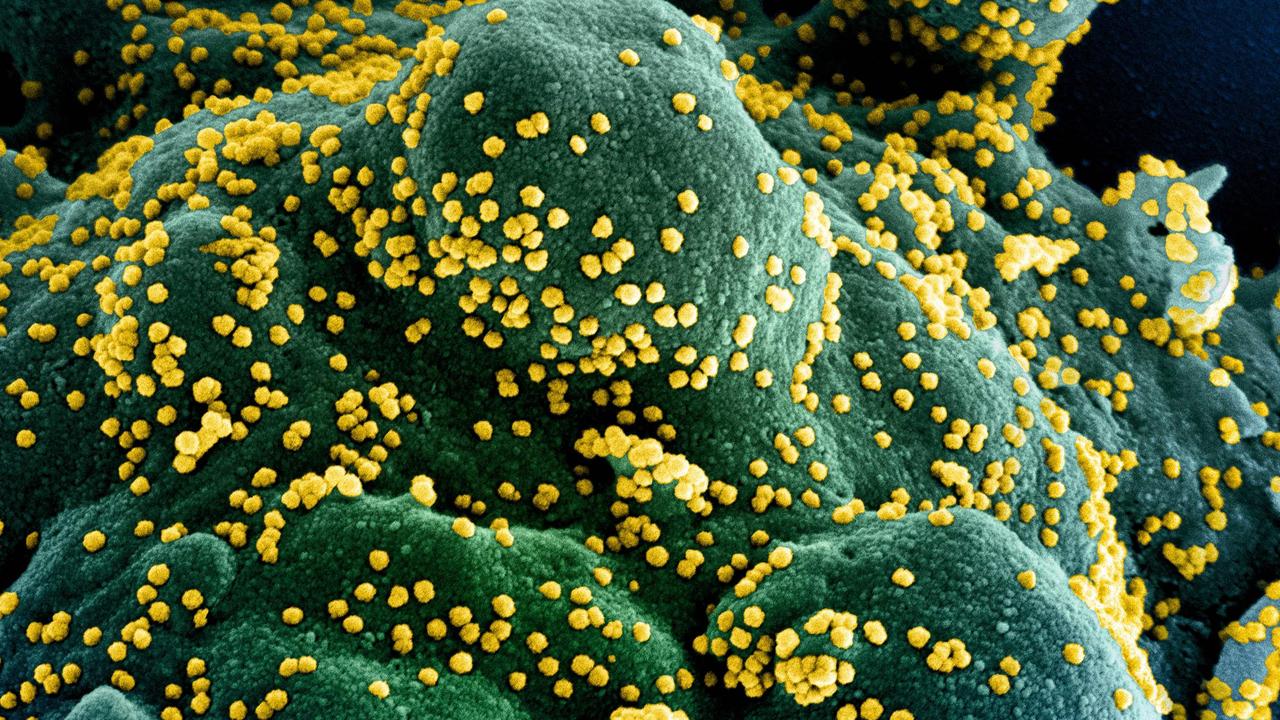
Scientists found 37 per cent of Covid patients involved in the study had three or more long Covid symptoms two to three months after their infection, while 24 per cent had one or two symptoms, and 39 per cent had no symptoms.
Of the 37 per cent with three or more long Covid symptoms, an overwhelming 95 per cent had one of the four long Covid risk factors.
When it came to long Covid symptoms, the study also suggested a potential link between Type 2 diabetes and cough, with women appearing to suffer particularly from neurological symptoms while those with heart disease or a pre-existing cough more likely to battle loss of smell or taste, Bloomberg reports.




